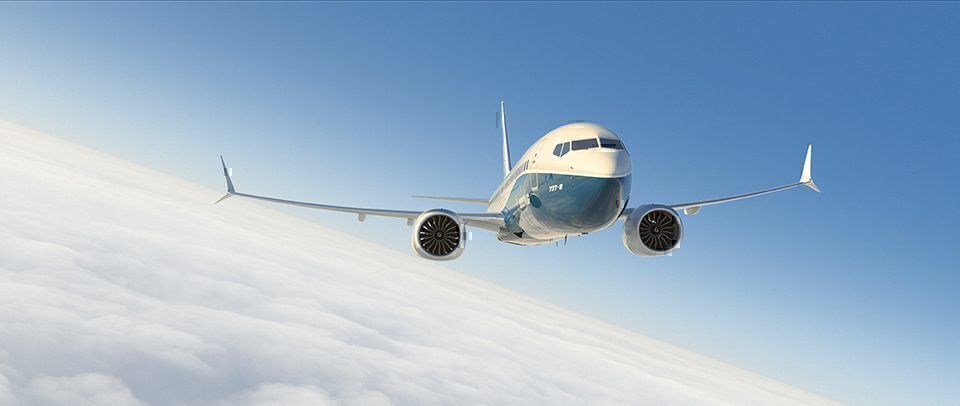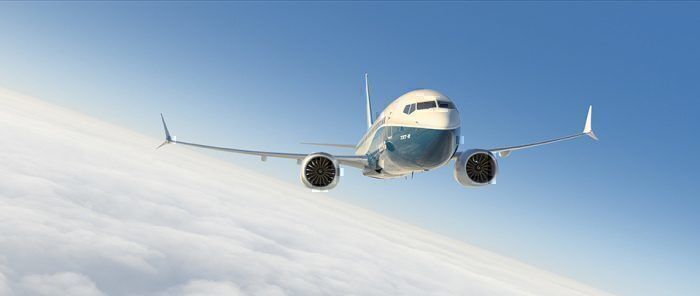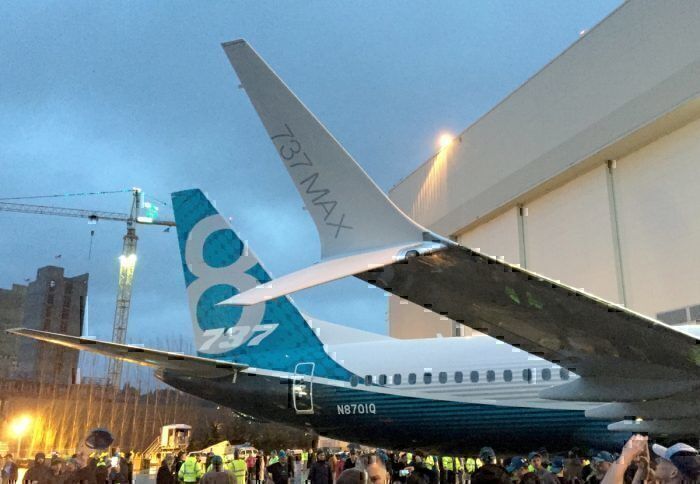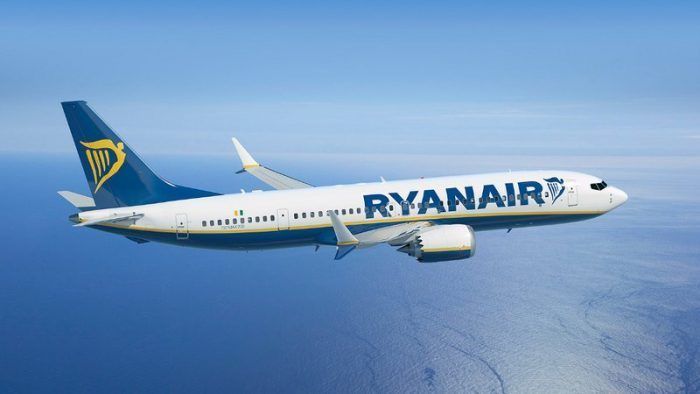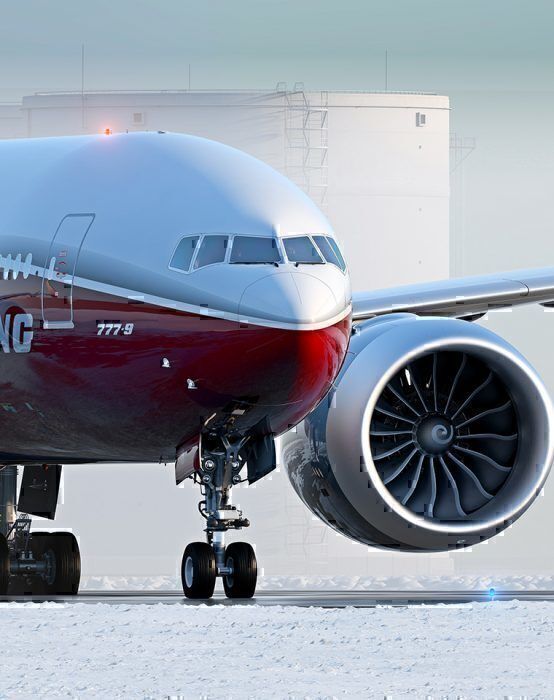Aerospace giant Boeing has reported its biggest-ever quarterly loss today, as costs related to the 737 MAX grounding continue to pile up. Overall, the company posted a $3.4bn loss in the quarter, due in part to the surprise announcement of a $5.6bn charge relating to the cost of airline compensation for the MAX grounding.
CEO Dennis Muilenburg said in the earnings report,
"This is a defining moment for Boeing and we remain focused on our enduring values of safety, quality, and integrity in all that we do, as we work to safely return the 737 MAX to service. During these challenging times, teams across our enterprise continue to perform at a high level while delivering on commitments and capturing new opportunities driven by strong, long-term fundamentals."
What are the details?
Although many analysts expected Boeing to have a tough quarter, nobody expected them to miss their guidance to quite the extent that has been reported today. To summarize the report in comparison to the Wall Street estimates, here’s how the final figures looked:
- Revenue: Expected -$20.4bn, actual - $15.8bn
- Earnings per share: Expected - $1.96, actual - $5.82 loss
The gross overall loss came out at $3.38bn, leading to a net loss of $2.94bn. Boeing maintains that previously issued 2019 guidance did not reflect the impacts of the 737 MAX grounding. They have advised that new guidance will be issued at a future date.
In terms of their commercial aircraft sector, Boeing reported deliveries in the second quarter were just 90 aircraft, down 54% from the 194 in the same period last year. Revenue was just $4.7bn, compared to almost $14bn over the second quarter of 2018. As such, the unit ran at a $4.9bn loss.
Boeing has shied away from introducing new guidance in light of the 737 MAX grounding, saying that “due to the uncertainty of the timing and conditions surrounding return to service of the 737 MAX fleet”, they would issue such guidance at a later date. This suggests that the manufacturer is still some way from gaining regulatory approval for the plane.
In other areas, the company fared much better, reporting gains in both the Defense, Space and Security unit and the Global Services unit. Revenue for defense was up 8%, with earnings from operations up 159%. For Global Servies, revenue increased 11% and earnings by 14%.
The impact of the MAX
The direct consequence of the grounding of Boeing’s bestselling jet is clear to see. The 104 fewer aircraft deliveries are a result of the halting of the MAX handoffs, but that’s not the only impact on the manufacturer's bottom line.
Most significantly, Boeing’s recent announcement of a $5.6bn charge ($4.9bn after tax) in the second quarter has impacted profits at the company. The company stated that the charge is an estimate of the value of compensation claims by airlines who have been left without the MAX operating in their fleet.
Although the money will be paid out over several years, Boeing decided to book the entire charge in this most recent quarter. Had this charge been borne out alone by shareholders, it would have been worth $8.74 a share in earnings. However, the costs were partially offset by higher defense and services volume.
Also saving the company’s bottom line has been the success of the 787 Dreamliner, which they say has gone some way to offsetting the MAX charge and lower 737 deliveries. However, the report also revealed that the engine challenges on the forthcoming 777X are now pushing back first flight until early 2020, which places in jeopardy the late 2020 EIS for the aircraft.

